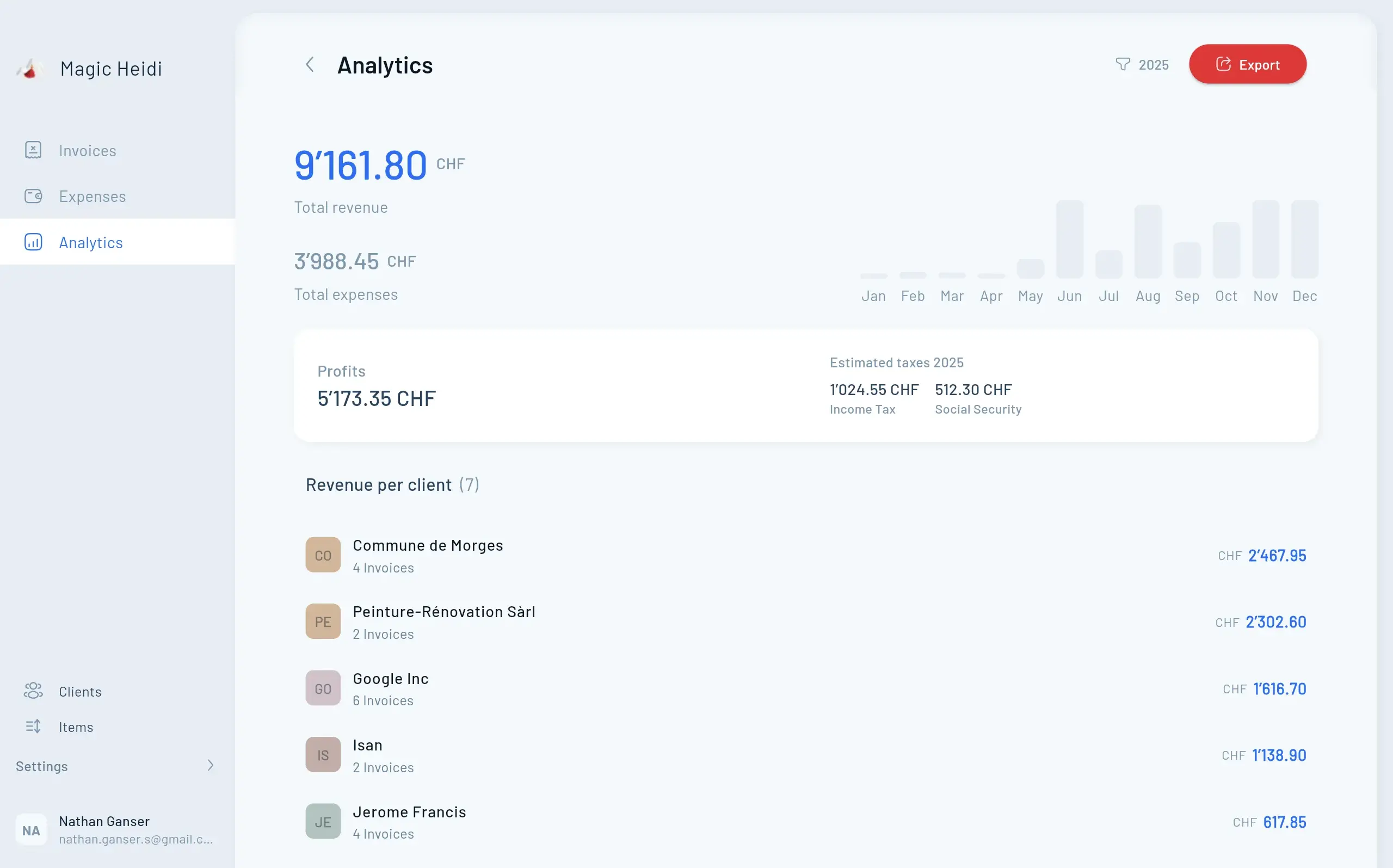Choose Your Company Name (1-2 days)
Your LLC name must include 'GmbH,' 'Sàrl,' or equivalent, be unique, and not mislead about your business activity.
- Check name availability at zefix.ch
- Reserve your name before drafting statutes
- Must reflect your canton's official language




